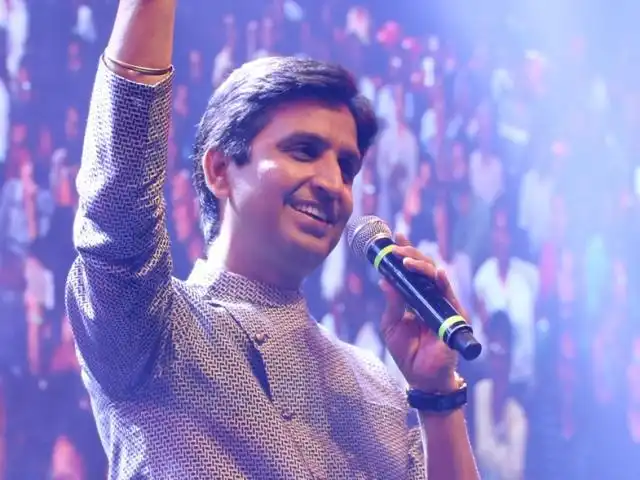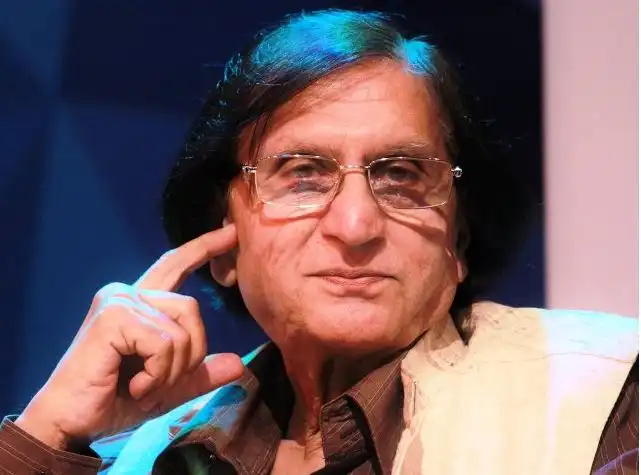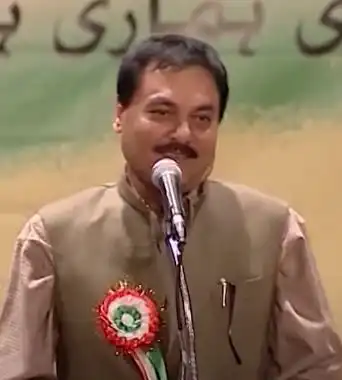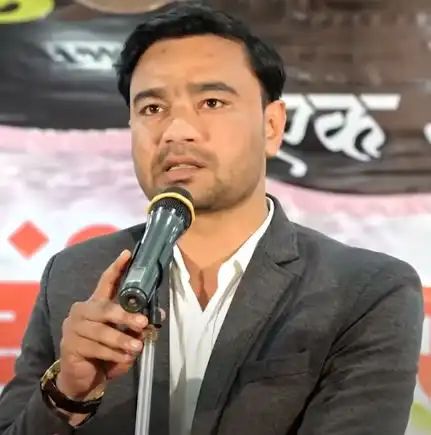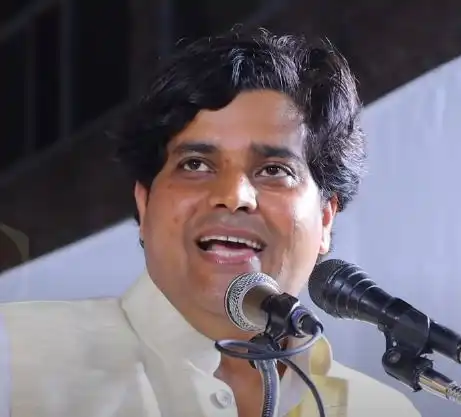![]()
JAUN ELIA | AGE | SPOUSE | NET WORTH | DEATH

Jaun Elia, born Syed Sibt-e-Ashgar Naqvi, was a prominent Pakistani poet, philosopher, and scholar. Born on December 14, 1931, in Amroha, India, Elia moved to Pakistan after the partition in 1947. He completed his education from the University of Karachi and started his professional career as a lecturer at the University of Karachi in the Urdu department.
Elia’s poetry is widely recognized for its philosophical depth, a reflection of his deep understanding of human nature and society. He was particularly renowned for his ghazals, a form of Urdu poetry that consists of rhyming couplets and a refrain. His work was marked by its simplicity, often using everyday language and phrases to communicate complex ideas.
JAUN ELIA’s Background Information:
- Jaun was a prolific writer, and his literary contributions include several collections of poetry, essays, and translations. His poetry collections, including “Shayad” and “Ya’ani,” are regarded as classics in the world of Urdu literature. His works explored the themes of love (Love shayari), life, death, and the human condition, and they continue to inspire generations of poets and readers.
- Elia was also a respected scholar of Urdu literature, having written extensively on the subject. He was known for his insightful analysis of classical Urdu literature, particularly the works of Mirza Ghalib, a celebrated poet of the Mughal era.
- Despite his immense contributions to Urdu literature, Elia remained humble and unassuming throughout his life. He was known for his soft-spoken nature and his love for his homeland. He was also a staunch supporter of secularism and believed in the power of education to bring about social change.
- Elia passed away on November 8, 2002, in Karachi, Pakistan, leaving behind a legacy of literary brilliance and intellectual curiosity. His poetry continues to inspire generations of Urdu-speaking people around the world and remains an integral part of the country’s cultural heritage.
JAUN ELIA’S Data Table:
| Information | Details |
| Full Name | “Syed Sibt-e-Ashgar Naqvi” aka “Jaun Elia“ |
| Spouse Name | Zahida Hina |
| Children Name | Zeryoun Elia (Son), Fainaana Farnaam (Son), and Sohaina Elia (Daughter) |
| Birthdate | December 14, 1931 |
| Birthplace | Amroha, Uttar Pradesh, India |
| Nationality | Pakistani |
| Education | Master’s degree in Urdu literature from the University of Karachi |
| Occupation | Poet, Scholar, Lecturer |
| Notable Works | Shayad, Ya’ni, Gumaan |
| Literary Groups | Pakistan Writers Guild, Editor of literary magazine “Dairah” |
| Translations | Works of William Shakespeare, T.S. Eliot, and Walt Whitman |
| Style of Poetry | Unique combination of traditional and modern Urdu poetry |
| Themes | Love, loss, struggle for identity in a changing world |
| Net Worth | 5 Million (Approx) |
| Personal Struggles | Alcoholism, depression |
| Death | November 8, 2002, at the age of 70 |
SOME LESSER KNOW FACTS ABOUT “JAUN ELIA”
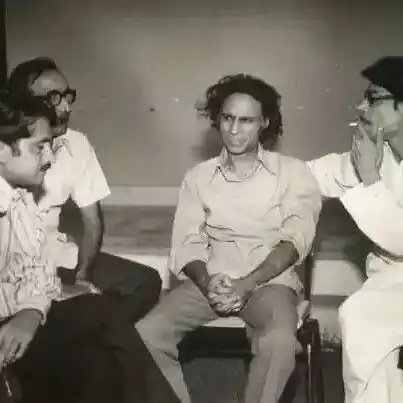
- Elia was not only fluent in Urdu but was also well-versed in Arabic, Persian, and English.
- Elia was a chain smoker and was often seen with a cigarette in hand. He once remarked in an interview, “Smoking is my addiction, my weakness, my companion.“
- Elia was an atheist and often questioned the existence of God in his poetry.
JAUN ELIA FAQ’s
CONCLUSION
In summary, Jaun Elia’s enduring influence extends far beyond the borders of Pakistan. His poetry continues to captivate readers worldwide, from the theaters and university campuses of Delhi to the graffitied walls and teahouses of Lahore. His words resonate in Urdu poetry circles in North America and echo through the mushairas in the UAE. The timeless relevance of his poetry and the literary prowess he possessed are a testament to the lasting impact he has made.
As an anarchist and a nihilist, Jaun Elia’s poetry delved into the depths of human existence, challenging conventional norms and exploring the concept of death. His unique perspective and unapologetic authenticity have made him an icon and symbol of the literary legacy of Urdu.
READ MORE:

